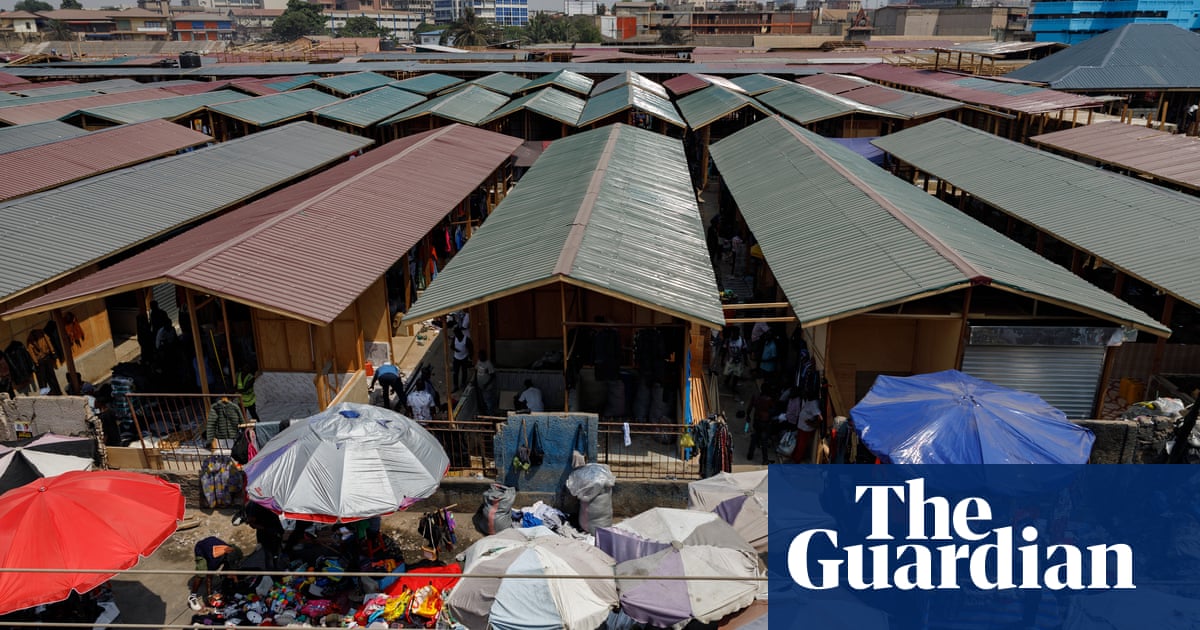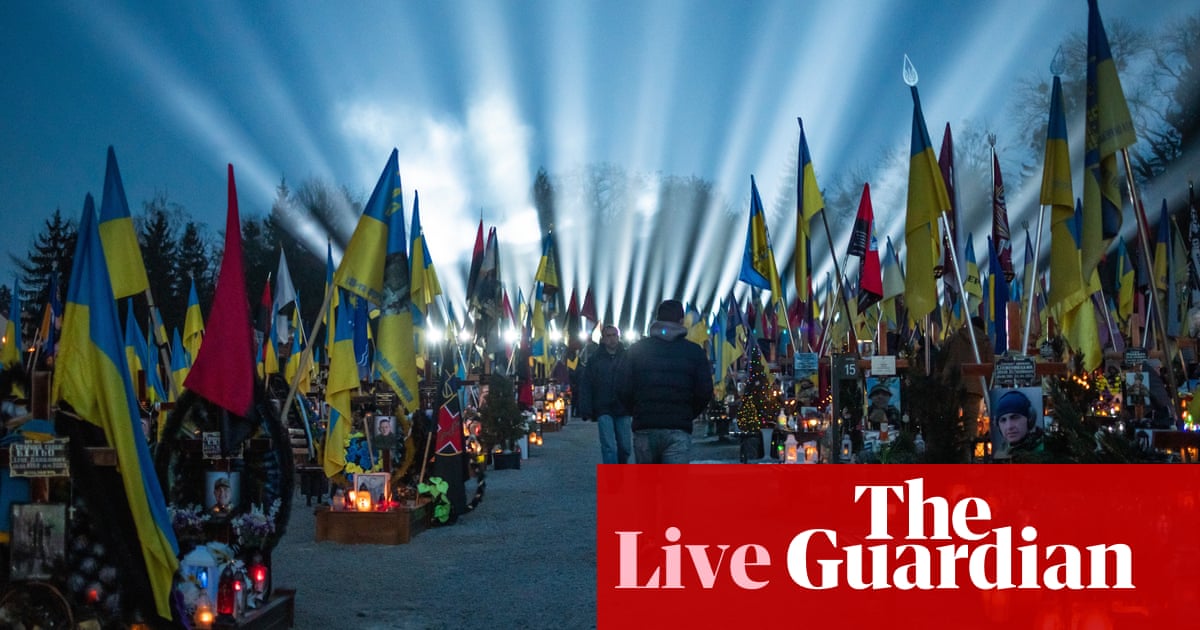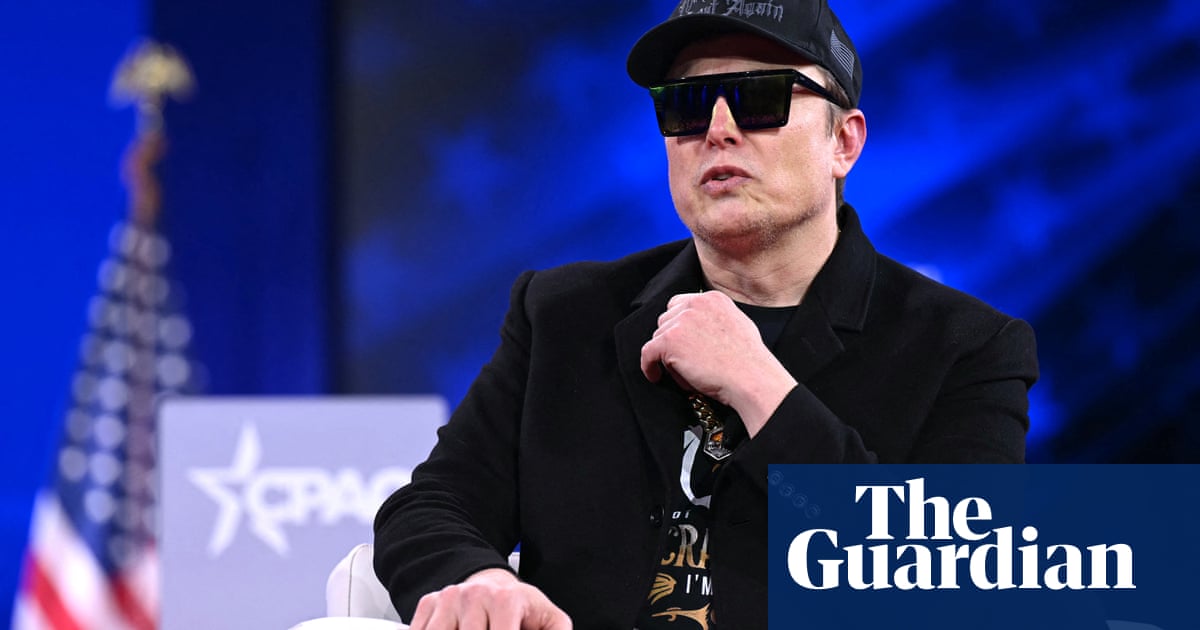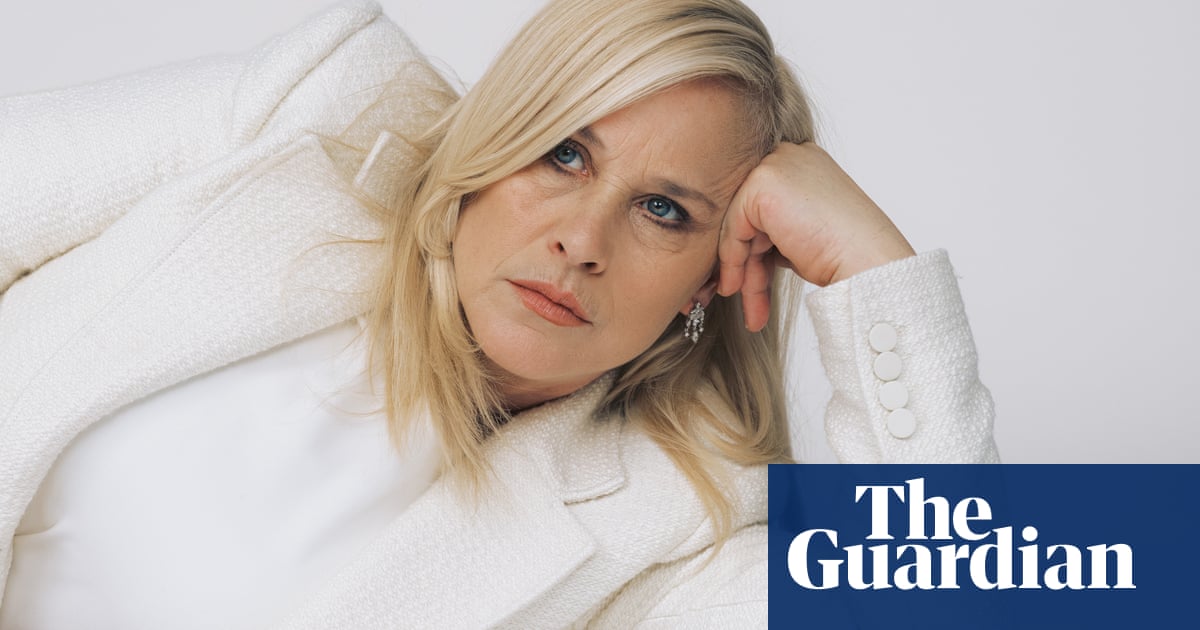South Korea’s rightwing president has been forced to back down after he unexpectedly declared martial law only to face unanimous opposition from the national assembly, in the most serious challenge to the country’s democracy since the 1980s.
President Yoon Suk Yeol declared martial law late on Tuesday amid a dispute with opposition parties he accused of pro-North Korean sympathies and anti-state activities.
But after some of the tensest hours in the country’s recent history, Yoon said troops would return to their barracks and the order would be lifted following a cabinet meeting.
“Just a moment ago, there was a demand from the national assembly to lift the state of emergency, and we have withdrawn the military that was deployed for martial law operations,” Yoon said in a televised address early on Wednesday morning.
“We will accept the National Assembly’s request and lift the martial law through the cabinet meeting.”
The cabinet approved a motion to lift the order shortly after, prompting jubilation among protesters who had braved freezing temperatures to gather outside parliament.
The White House said it was “relieved” that Yoon had reversed course on his declaration of martial law. “Democracy is at the foundation of the U.S.-ROK alliance, and we will continue to monitor the situation,” a spokesperson said, referring to South Korea by the initials of its official name, the Republic of Korea.
The US had previously said it was watching events in its key Asian ally – where it has 28,500 troops stationed to guard against North Korea – with “grave concern”.
South Korea’s main opposition Democratic party had called president’s move “essentially a coup d’état”, saying it was illegal and in violation of the country’s constitution.
Legislators gathered in an emergency session of the National Assembly as parliamentary aides attempted to stop armed officers entering the building.Following Yoon’s declaration, Park An-su, the army’s chief of staff, had said that “strikes, work stoppages, and assembly acts that incite social unrest are prohibited”. Martial law in South Korean also provides for arrest without warrant and states that all media should be controlled by military authorities.
But there were no signs of South Korean society complying, after decades of democracy. Local media reported on the protests and the political developments, while the Korean Confederation of Trade Unions and the Federation of Korean Trade Unions called emergency meetings to discuss going on strike.
Hundreds of protesters had earlier gathered outside the national assembly building following Yoon’s announcement that he was acting to eradicate “shameless pro-North Korean anti-state forces”.
The crowd in Seoul cheered when the national assembly voted to reject his decree and called for Yoon’s arrest, chanting “Abolish martial law” and “Oppose martial law”. Helicopters circled overhead as armed officers had marched on and attempted to force entry into the building, where parliamentary staffers attempted to push then back with fire extinguishers to allow MPs to convene to vote down the decree.
The declaration of martial law move drew immediate opposition from politicians, including the leader of Yoon’s own conservative People Power party, Han Dong-hoon, who called it “wrong” and vowed to “stop it with the people”.
Lee Jae-myung, the leader of the opposition Democratic party, which has a majority in parliament, said in a livestream online: “Tanks, armoured personnel carriers and soldiers with guns and knives will rule the country. The economy of the Republic of Korea will collapse irretrievably. My fellow citizens, please come to the National Assembly.”
Yoon is known for labelling his political opponents “anti-state forces” and “fake news”. His administration, which took over in May 2022, has massively stepped up the use of defamation lawsuits against the press.
He has also been locked in an impasse with the liberal opposition Democratic party over next year’s budget and drawn rebukes from his political rivals for dismissing calls for independent investigations into scandals involving his wife and top officials, but had not hinted that he intended to declare martial law.
A spokesperson for the US national security council also said that the US was not notified in advance of Yoon’s plans. “We are seriously concerned by the developments we are seeing on the ground,” the spokesperson said.
In his announcement, Yoon said he had no choice but to resort to such a measure to safeguard free and constitutional order, claiming opposition parties had taken hostage of the parliamentary process to throw the country into a crisis.

“I declare martial law to protect the free Republic of Korea from the threat of North Korean communist forces, to eradicate the despicable pro-North Korean anti-state forces that are plundering the freedom and happiness of our people, and to protect the free constitutional order,” Yoon said.
Yoon did not cite any specific threat from the nuclear-armed North, instead focusing on his domestic political opponents. There have been several protests against Yoon in recent weeks, with some calling for his impeachment. His approval rating recently fell to a record low of 19%.
South Korea’s constitution states that the president, who is also commander-in-chief of the armed forces, may declare martial law “in time of war, armed conflict or similar national emergency”.
Moon Jae-in, the former president, said on Tuesday that the country was “in a critical state” and called on the National Assembly to “quickly step in and protect the democracy that is collapsing”.
The surprise move sent shock waves through the country, which had a series of authoritarian leaders early in its history but has been considered democratic since the 1980s. A taxi driver in Seoul who asked to remain anonymous for fear of reprisal said: “They’re using exactly the same methods they used in the Park Chung-hee and Chun Doo-hwan eras … Whenever their regime is in crisis, they use war-mongering and martial law to cover it up.”
Park and Chun were military dictators in South Korea between 1961 and 1988. “I never imagined this would happen again,” the taxi driver said.
The Centre for Military Human Rights, an NGO, said that the declaration of martial law was illegal and called the move “a declaration of war against the people of the Republic of Korea.”
The group accused Yoon of staging a coup, and called on the military to refrain from using force against citizens.
On Monday South Korea’s ministers had criticised a Democratic party move last week to cut more than 4tn won (£2.2bn) from the government’s budget proposal. Yoon said that action undermined the essential functioning of government administration.

 2 months ago
50
2 months ago
50













































